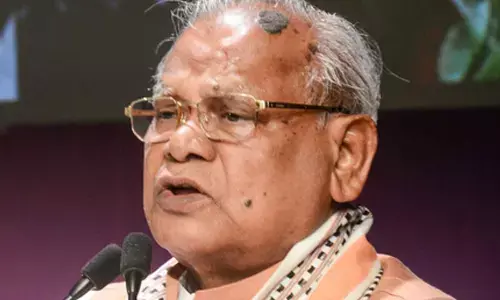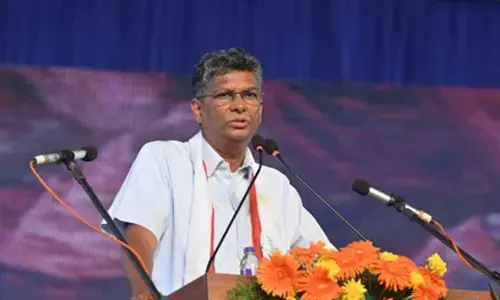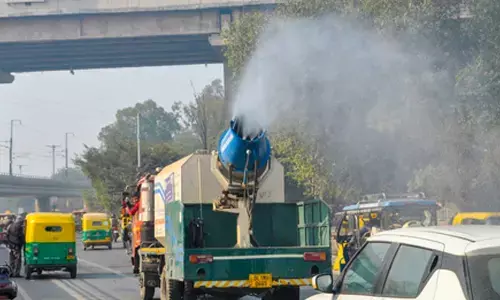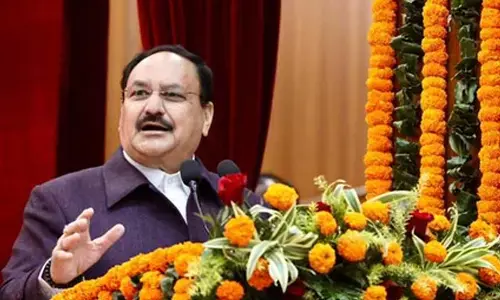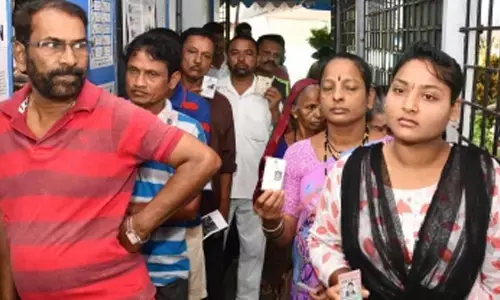Demand for millets from all sections
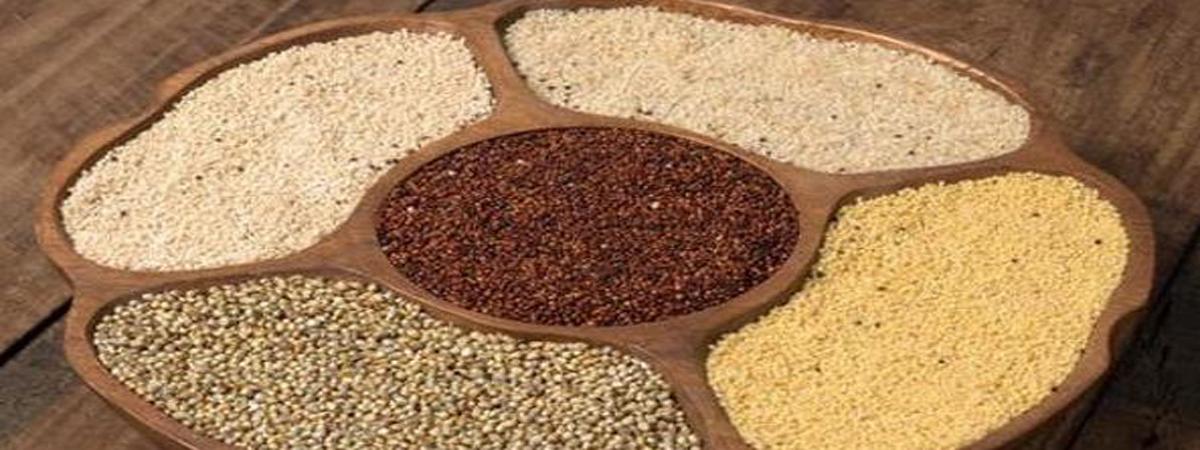
The general health consciousness among all classes of people has increased and even the moneyed class are shopping millets in all provisional food malls People, who used to look down upon the millets as a poor mans diet are now clamouring for millets in processed form and much more for organic millets
Anantapur: The general health consciousness among all classes of people has increased and even the moneyed class are shopping millets in all provisional food malls. People, who used to look down upon the millets as a poor man's diet are now clamouring for millets in processed form and much more for organic millets.
Thanks to the revival of ancient medicare including Homeo, Ayurveda and naturotherapy, whose practitioners are advocating for a return to the traditional food of the rural areas. The increasing health issues due to changing lifestyles have enticed the once shunned old fashioned food.
The state government through its Department of Agriculture have drawn plans at the district-level for expanding the cultivation area of millets.
Under the Millets Area Expansion Plan, as many as 20 mandals have been identified in the district and 12 NGOs to execute the plan and for motivating the farmers to increase cultivation in every mandal by 100 hectares.
The plan is a five-year plan and in a span of five years 25,000 hectares will be covered under the expansion plan. More mandals will be added every year to gradually re-introduce millets into the people’s food basket. 5-6 millet village clusters would be formed in every mandal under the plan.
The normal millets area in the district is 35,000 hectares. Under the plan, the strategy is to bring millets cultivation to a minimum of 1 lakh hectares. State and central governments, realising the damage done to people's health, particularly the poorer sections due to sending the millets cultivation into back burner in preference to paddy cultivation, have prioritised bringing back the millets into the food basket and into the common man's kitchen.
In the near future, the government plans to supply millets to people through fair price shops and also make millet diet compulsory for children of residential government schools and colleges. The Central and State governments had formulated action plans for the revival of the age-old food practice and increase millets cultivation in a phased manner.
Vinay Kumar, a salesman at SS Market in the city says that most of the wealthy customers are asking for millet food and the volume of business had increased over the years. People except youth are shunning fast foods and have returned to all kinds of millet malts.
Jayachandra, Deputy Director of Farmers Training Centre, told The Hans India that at a recent meeting of top agriculture functionaries of the government, it was decided to supply millets to white card holders through the Public Distribution System (PDS) and also make millets as part of menu in all government hostels and residential schools.
The rice consumption has aggravated health problems to the common man and adversely affected their immunity system badly. Millets processing is also being made part of the plan.
The millets sorghum, finger millet, Barnyard millet, Sojjalu, Ragulu and Samalu millets when processed and polished is sold at double the price in the market. The government is offering training to farmers in the millet clusters on making 20 different items as part of value addition to the millets.
The value-added products are in great demand among all sections of society. Proteins, minerals, calcium, magnesium and iron form part of the rich and nutritious diet.
To popularise the cultivation among the farmers, marketing tie-up with companies is also under the plan. Farmers Producers Organisation (FPOs) are also formed with the millet farmers to usher in a hassle-free marketing operation. The 12 NGOs selected for the purpose will be playing a key role in motivating farmers at every stage.
The millet crops are a 70-day crops. Farmers can raise five crops in a year and the market prices are highly remunerative. Processing centres would be set up in the concerned mandals itself by unemployed youth.
The millets polishing will be done at the cluster vicinity itself as polished millets are in high demand among the consumers. Agriculture officers are creating awareness among the farmers to take to millets cultivation as they are highly remunerative. The government's decision to make millets food mandatory in all government hostels also would trigger in millets production increase and contribute to area expansion.


